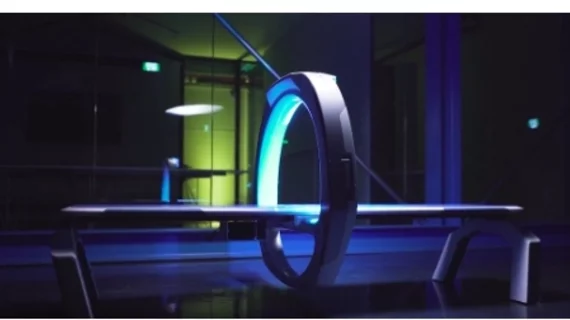Nanox signs agreement to deploy 1,000 medical imaging systems in Africa
Medical imaging disrupter Nanox has signed a new deal to send 1,000 of its digital X-ray systems and companion cloud service software to West Africa, the company announced Monday.
The Israeli firm is partnering with EiLEENO Pharma, a Nigeria-based medical supply and equipment organization founded in 2018. Under the distribution deal, Nanox will deploy its Nanox Systems—the Nanox.ARC and cloud-based software—across Nigeria.
Ran Poliakine, chairman and CEO of the imaging startup, called West Africa a “prime target market,” marking a key step toward increasing the availability of medical imaging and screening across the globe.
"The agreement with EiLEENO Pharma will allow us to support Nigeria's population, enabling the nation to run high-volume screening campaigns cross-country,” Poliakine said in a statement. “We want medical imaging to become as commonplace and accessible as water or electricity, readily available to all communities everywhere."
Nearly two-thirds of the world’s population still lacks access to medical imaging, according to the World Health Organization. Both companies hope to close that equity issue with this agreement.
"This will drive affordability of medical imaging in Africa towards the goal that each Nigerian carries out comprehensive medical checks at least once a year to proactively manage their health and help promote preventive healthcare,” Edward Egede, managing director and CEO of EiLEENO Pharma, said Monday.
It’s been a busy 2021 for Nanox, gaining U.S. Food and Drug Administration 510(k) clearance for its Nanox.ARC system back in April. Nearly one month ago, the company submitted a premarket application seeking federal clearance for its multi-source digital tomosynthesis system.

